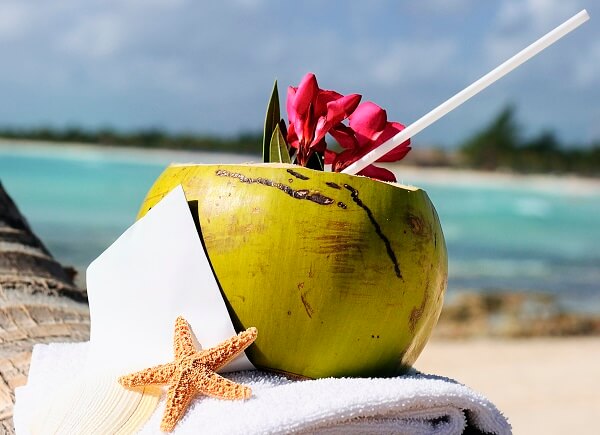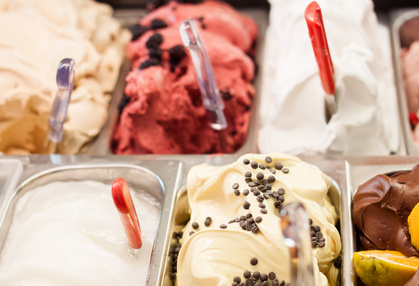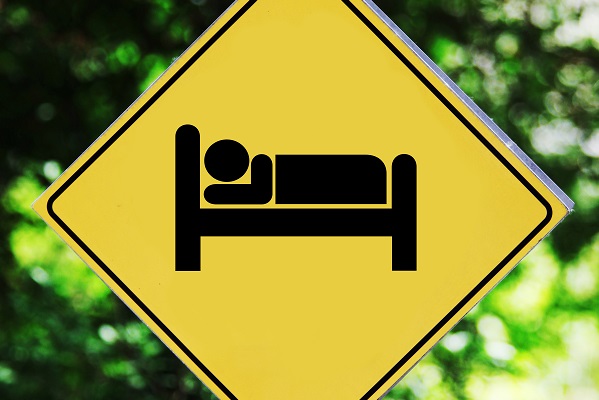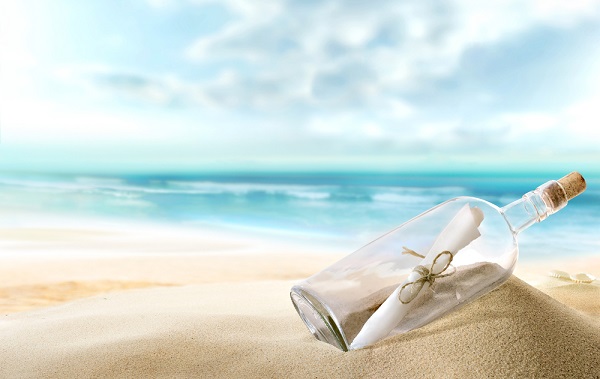Posted on July 01, 2016
To some, the idea of travelling around the world with your partner for several months is the dream, but others see it as a potential nightmare. Spending all your time with the same person can be stressful, and if you’re not prepared, the experience will really test your relationship.
Fear not though, because many travellers manage to backpack as a couple with next to no problems at all. In fact, most will tell you it’s made their relationship stronger, not weaker.
If you’re planning a couple’s backpacking trip and want to know how to avoid the arguments, the tips below will prove invaluable!
Work as a team
Solo travellers are used to being able to do what they want, when they want, how they want, and it can be quite difficult to adjust to the mentality of backpacking with someone else. The truth is, there is absolutely no room to be selfish – you need to compromise on everything.
If out of the two of you you’re the seasoned traveller, avoid trying to take control of everything. Plan the trip with them and let them have a say. Tom Bourlet suggests taking it in turns:


Remember, you don’t have to do everything together
Just because you’re travelling together doesn’t mean you have to enjoy the exact same experiences. If your partner really wants to go skydiving, but you have a huge fear of heights, instead of convincing them not to go, let them! You can do your own thing in the meantime.
Make sure you plan any time apart carefully, though. You’ll need to know exactly where the other person is going and roughly how long they’ll be. Propose a time and place to meet up at the end of the day and stick to it, as it might not be possible to call each other. You don’t want to make your partner worry!
When you do finally meet up with each other again you’ll be excited to share the details of your day and you’ll no doubt feel a bit more relaxed after having some breathing space from your partner (and their annoying habits!).
Talk to each other
It sounds obvious, doesn’t it? And yet a lack of communication is one of the biggest reasons why couples fall out and break up. Talking to each other is even more important when you’re backpacking, as travelling the world is much more stressful than just sitting at home!
Whenever you’re feeling tired, hungry or you’re just not enjoying yourself, don’t expect your partner to read your mind. Tell them exactly how you feel and offer a way to solve the problem. For example, if you’re bored of sunbathing, let them know you want to take a quick walk; if you’re not feeling well, ask your partner for help. Being open and honest will stop a lot of arguments breaking out.
Don’t forget the romance
When you’re having to put up with your partner’s tummy troubles and sharing a bedroom with several strangers, it can be difficult to inject some romance into your backpacking trip, but it’s hugely important. Arrange to have ‘date nights’ on a regular basis – this could involve anything from dressing up and heading to a cocktail bar, or simply enjoying a private picnic on the beach.
Elizabeth Smythe recommends switching around the sleeping arrangements once in a while too. “On occasion, if budget allows, splash out on a private room, rather than sleeping in a dorm,” she told us. “Also, if you’re camping, bear in mind that people can hear everything in a tent.”
Agree on a budget
Unless you’re very lucky, it’s quite likely that your partner’s spending habits differ from your own. Money, or rather how it’s spent, can be another issue that causes arguments. Therefore, it’s best to agree on a daily budget before you go. Remember, you won’t be able to buy a lot of souvenirs, as you have to carry everything you have on your back!
Of course, if you want to treat yourself to a lovely meal out or a special activity that’s outside your budget, feel free to. Just make sure you and your partner agree on the decision – don’t go running off with any cash!
Eat and sleep well
Backpacking is tiring and all that walking and travelling is bound to make a person grumpy. Therefore, it’s vital to get enough sleep every night – if you’re struggling to drift off to the land of nod, consider buying some medication to help you. Don’t eat or drink late at night either.
Not eating enough can also make you or your partner snappy for no reason. We recommend keeping some snacks on you at all times, such as fruit, cereal bars, anything that will give you a burst of energy. Taking regular breaks is definitely the key to staying happy!
Pre-travel backpacking advice for couples
Before you travel together there will be a few things to agree upon. Destination, budgets, what you need to pack, how long you’ll go for and what you are looking to get from your travelling experience together.
Research destinations, of course there is the usual South-East Asia tours, make sure you look at all options and tailor your trip on you as a couple, remember to compromise!
Insurance companies offer couples travel insurance which can reduce your overall premium, obviously take into consideration medical conditions and activities you are looking to do whilst travelling.
Work out budgets based around what you can afford. You’ll usually find that the flights are the most expensive cost to consider, once you’ll there make use of local bus services to get you from A to B.
We at Holidaysafe wish you the best of luck on your couple’s backpacking adventure. Remember the tips above, and you and your partner will have a wonderful time. For more backpacking advice, click here.
















